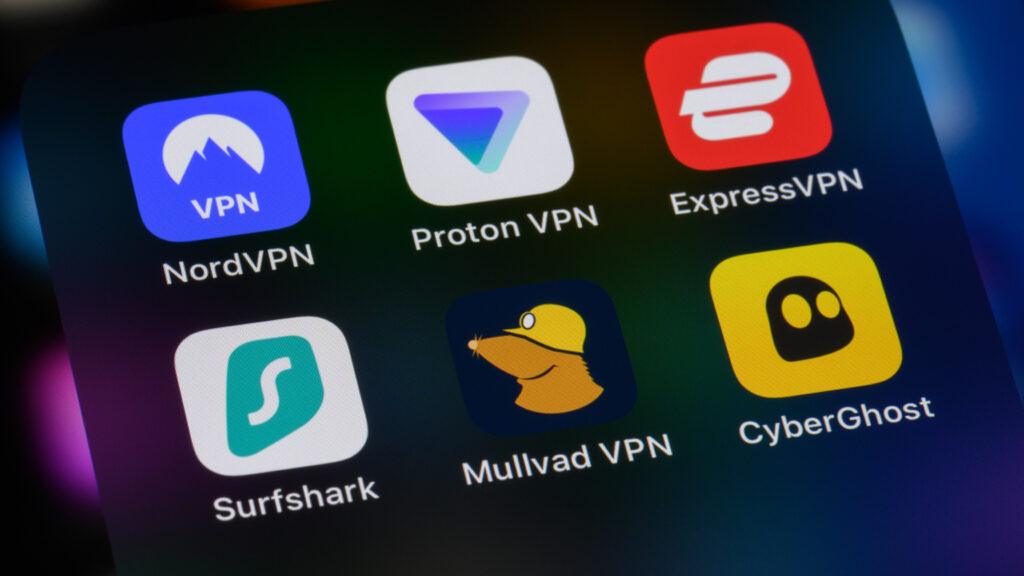- On September 11, 2025, Legislators in Michigan proposed a bill on completely prohibited adult content
- VPN use is also at risk as ISPs would be forced to “monitor and block known bypass tools”
- This comes when people increasingly turn to VPN -Apps to bypass mandatory age verification check
VPN use is in danger to people in Michigan after being a target of legislators.
On September 11, 2025, Six Michigan Republican representatives proposed a bill to completely ban the distribution of adult content material, portrayals of transking people and VPNs.
According to the new rules, ISPs could be forced to “monitor and block known bypass tools” with fines up to $ 500.00 so as not to comply. In addition, “promotion or sale of circumvention tools for access to prohibited material” is also prohibited in the state.
While the proposal is the most significant so far, it certainly does not happen in a vacuum. People in and out of the United States have increasingly turned to the best VPN services in an attempt to bypass newly enforced mandatory age verification control.
In Britain, for example, the Children’s Commissioner for England, Dame Rachel de Souza, has considered VPNs as “a loophole that needs closure” and urged the government to stop children using VPNs to bypass age control of only adults.
Michigan -suggestion – what we know so far
Primarily sponsored by Republican Josh Schriver, House Bill 4938, or simply “Anti -Corruption of Public Moral Act,” seeks to ban sharing, distribution, sales or host of “certain material” on the Internet.
The goals of the bill include only adult content in all its forms-from video and audio to magazine, AI-Genated Content and even Manga-SO as well as any portrayal or description of transgender people.
Unlike similar US laws of adult content that has already been enforced in some states, Michigan’s proposal would prohibit this material for all Internet users – not just for minors.
Of crucial importance, all ISPs operating in the state would also be required to detect and block connections that come from bypass tools.
Legislators define these as “any software, hardware or service designed to bypass Internet filtration mechanisms or content restrictions, including virtual private networks (VPNs), proxy servers and encrypted tunneling methods to avoid content restrictions.”
The proposal also prohibits both the promotion and sale of circumvention tools for access to prohibited online content. A provision similar to the law that Russia enforced back in March 2024 to criminalize the spread of information on ways of bypassing Internet restrictions.
The risk of banning VPNs
A virtual private network (VPN) is security software that encrypts Internet connections while falling the user’s real IP address. Both of these skills can help both individuals and businesses increase their online privacy and security by minimizing the data tracks they leave around the Internet.
Specifically, VPNs work by setting up a secure connection between your device and somewhere else on the Internet. They mask your IP address and they encrypt data that is transmitted to and from your device so that it is impossible for third parties to intercept or track your activities.
In addition, IP-spoofing may also make users look like they are reviewing from a completely different country.
Ever-Invasive Data Collection and an increase in cyberattacks makes VPNs a necessary tool today. These apps help people regain the agency of their online privacy and security-either to protect their device when connecting to a public Wi-Fi or accessing geo-limited services when traveling abroad.
A Made-in-the-US VPN ban also goes against the 2024 call from the US supported Open Technology Fund (OTF), which called on Big Tech to step in and better support bypass of software.
If the Michigan-proposed bill passes in its current form, it can also set a legal precedent for other states or nations to follow. This can provide even more collection to China, Russia, Iran, Myanmar or Venezuela to increase their VPN crash even more.



